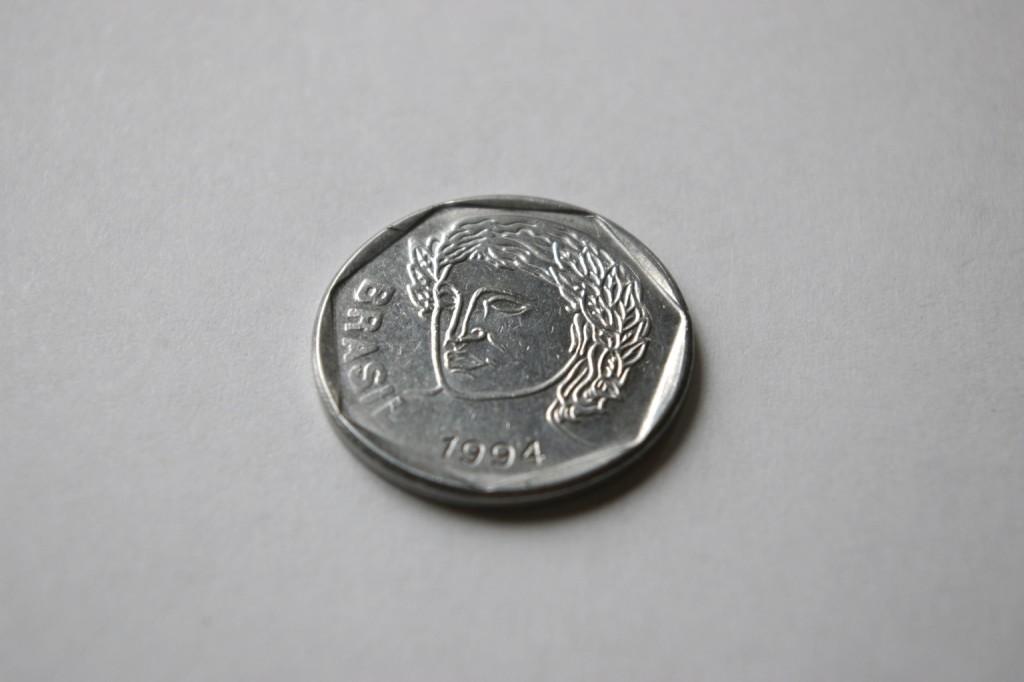A Slow Moving Crisis In Greece
May 22, 2013
Greece, a country with a rich history and beautiful landscape, ran into economic troubles in 2009. In short, Greece is struggling to stave off economic woes.
If we boil down the Greek economic crisis into a few narratives, one may say that Greece spent way too much money, public sector wages skyrocketed after their entry into the euro currency, and the country experienced massive tax evasion. Obviously, though, there are even greater problems in Greece. One of Greece’s massive problems is the thick regulations and bureaucracy Greece imposes on entrepreneurs.
In addition, however, Greece is suffering a massive “brain drain.” A “brain drain” occurs when Greek citizens leave the country in hopes of finding a better future. Usually, these are educated people who work in the fields of engineering, science, and math. On top of that, Greece also has an overall discouraged youth with no clear future. According to the latest report from Eurostat, youth unemployment (under 25 years old) in Greece in March 2013 stood at 59.1%. Life is troubling and uncertain for youth in Greece.
Think about it. For Greek citizens, who have lived luxuriously for the last decade but now must suddenly accept harsh, brazen spending cuts, the change was dramatic. A documentary by CNBC (published in June 2012), entitled A Modern Day Greek Tragedy, illustrated the lifestyle of a particular family in Athens: A father of two children is unemployed and his wife, who is still working, has faced massive salary cuts. Her salary was cut from three and a half thousand euros to seventeen hundred euros. The family is surviving, sure, but they’re also struggling to make bill payments. The husband is upset at the government and even says that he is “not guilty” for Greece’s problems. In response, he regularly attends demonstrations against the austerity measures.
Another example of Greece’s problems highlighted in the CNBC documentary, A Modern day Greek Tragedy, is that setting up a small business is a massive headache. For example, a woman in the documentary was looking to set up a bookstore in Athens. In the documentary, she said it was a difficult and arduous process to go through. In sum, the owner had to contact 17 different government agencies. The process took over one year to conclude. In Greece, citizens need permission from the government to do seemingly anything, and they have to wait long periods of time for their claims to be processed.
In colloquial terms, one would say that Greece simply overspent during the last decade and is facing a massive debt overhang that may cripple the country over the next few years. That would not be wrong. However, there is a big part of the story missing.
Not only did Greece overspend, over borrow, and live luxuriously, but Greece also expanded the size of government. As the size of the government grew larger, the cost also increased. The costs were usually expressed through higher taxes on private sector workers. As time passed, though, fewer and fewer of those taxes were actually paid. In order to make up that difference, Greece borrowed money to pay off debts. In 2009, investors in the stock market became annoyed with this process and slowly stopped lending to the country. At that point, the economy had to live off of any revenue it generated. However, in an economy where the primary sectors are tourism and shipping, there would not be enough revenue to last a long time. So, Greece needed help, and it needed it fast.
Thus, Greece had to turn to its European partners in order to stabilize its economy. In May 2010, Eurozone countries and the International Monetary Fund agreed to a bailout of 110 billion euros for Greece. But the bailout came with a massive price tag. The country would have to show that it was making progress on austerity measures to restore fiscal balance, privatize government assets, and implement structural reforms to improve competitiveness and growth prospects.
Yet due to a slowing economy and the fact that Greece had worked more slowly than expected to implement structural reforms and privatize government assets, they were given a second bailout in October 2011. The total second bailout was 100 billion euros. This bailout, in addition to the steps outlined above, also said that private bondholders holding Greek debt would be forced to accept a 53.5% face value loss and lower interest rates on the bonds. These measures were designed to get debt as a percentage of GDP back down to a more manageable level of 120.5% of GDP by 2020.
Shortly after that, the country elected a new prime minister, Lucas Papademos. After unveiling his cabinet, Papademos was presented with a laundry list of problems. His goals were to keep Greece in the Euro Zone and to lead the country until elections could be held.
In May 2012, worries grew that Greece would have to leave the Eurozone. Stock markets around the world were considering this possibility and it unnerved Greek citizens who were so dependent on the euro. A second election in June then decided that Antonis Samaras would be the next Prime Minister.
Since then, Greece has continued to struggle. Greece recently entered its sixth year of recession. Private consumption will continue to suffer under the weight of high unemployment and wage cuts for those working. The business sector may continue to face struggles, thus depressing business investment that is important to economic growth. The rate of unemployed has increased sharply recently. According to the European Commission, the rate hit 24.3% in 2012 and may rise to 27.0% in 2013. There is a possibility of recovery, however. Unemployment is expected to fall to 26% in 2014. Deficits as a percentage of GDP in 2012 were almost 10% of GDP.
In conclusion, Greece is facing even more troubles down the road. The fact that small businesses cannot efficiently do business in Greece because of government red tape is terrible. It is particularly worrying in a country where small businesses are needed to power the economy. Greece is also facing a generation of teenagers who have no clear future and possess few labor skills. Since older people must stay in the workforce longer, younger people will not be able to obtain jobs quickly enough. In addition, Greek citizens are leaving the country to explore other opportunities. Skilled workers are traveling to other parts of Europe in hope of a better future. Those forces are currently smacking Greece in the face. Thus, Greece is facing a low growth economy in the next few years if this trajectory persists.





Richard Gueren • May 28, 2013 at 10:26 am
Thanks so much Steve!!! It was a detailed topic that I had to boil down into a simple article.
Steve Gueren • May 23, 2013 at 8:32 pm
Very interesting reading Rich ! Well done!
adviser • May 23, 2013 at 8:28 am
Nice story, Rich! Very elucidating about the current struggles plaguing Greece and its economy.